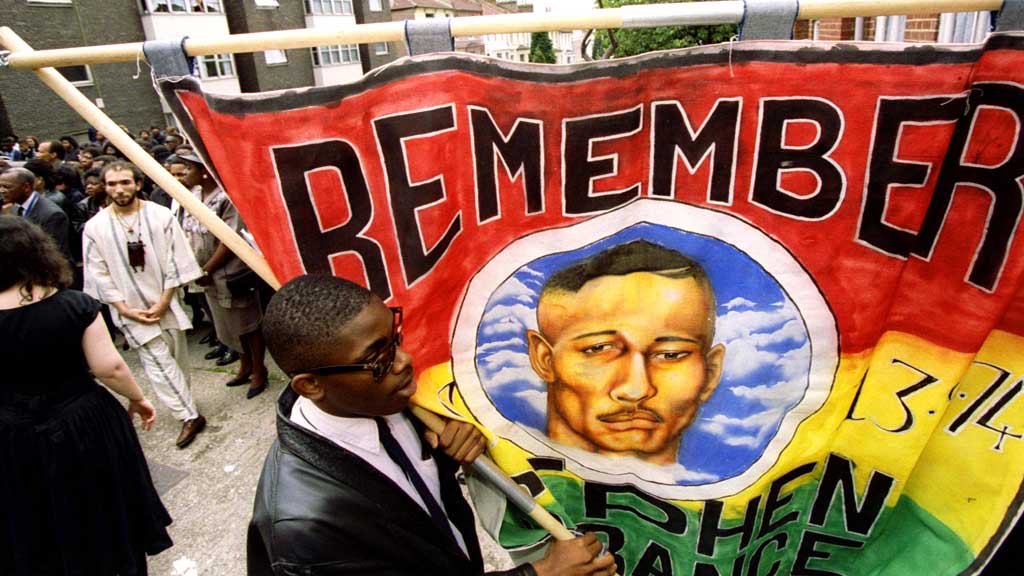Stephen Lawrence: police corruption report to be published
The findings of a report into claims that police corruption hindered the original Stephen Lawrence investigation are due to be published.

Another weighty tome will be delivered today on a murder that has rarely left the public’s conscience for the past 20 years.
There can’t be many who have never heard of the Stephen Lawrence murder, a promising 17-year-old student who became the victim of a violent random racist attack in south east London in 1993.
I have tried to count the numbers of inquiries which have besieged this case since his death.
Today’s review by Mark Ellison QC, into the scale and effect of corruption on the original police investigation, is by my calculations the 12th. I am told his report is 300 pages long. I am also led to believe it will not be final chapter in this case, for there is a strong possibility some form of public inquiry will follow.
It’s what Stephen’s parents want. Quite what it will achieve I am not sure. But Mr and Mrs Lawrence have learnt from bitter experience that their son’s case has continued to expose a history of the worst in British policing.
Corruption allegations
This time the questions are whether corruption hindered the original investigation, whether that also compromised the 1998 Macpherson public inquiry and whether undercover officers were deployed to gather information for a smear campaign to undermine the family and their campaign back in the 90s.
While previous inquiries have found no evidence of corruption, I understand Mr Ellison’s report will be critical of individuals because an undisclosed number have received what are called “Maxwell” letters. These are sent to those destined to be criticised by the review to allow them the chance to respond.
This review will join the extraordinary timeline of this case which began with the failure to bring charges, to the collapse of the Lawrence families private prosecution, to the Macpherson Public Inquiry, and, at the very beginning of 2012, ‘”justice”: two racist killers convicted and sent to prison.
But it remains not enough. For at the core this is about a fundamental breakdown in trust.